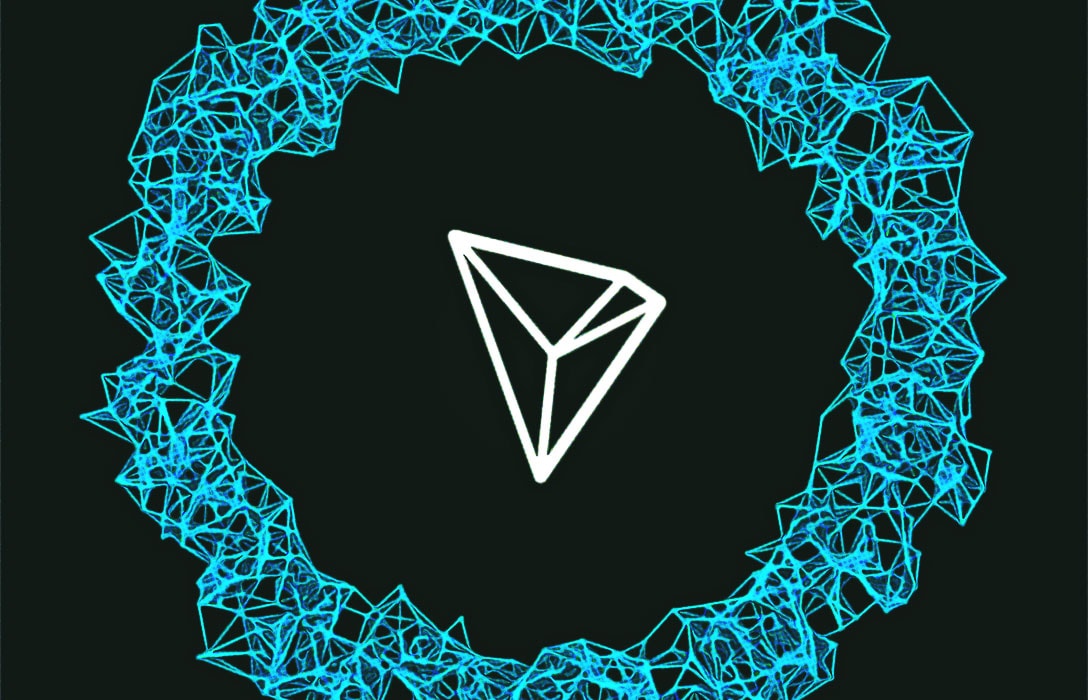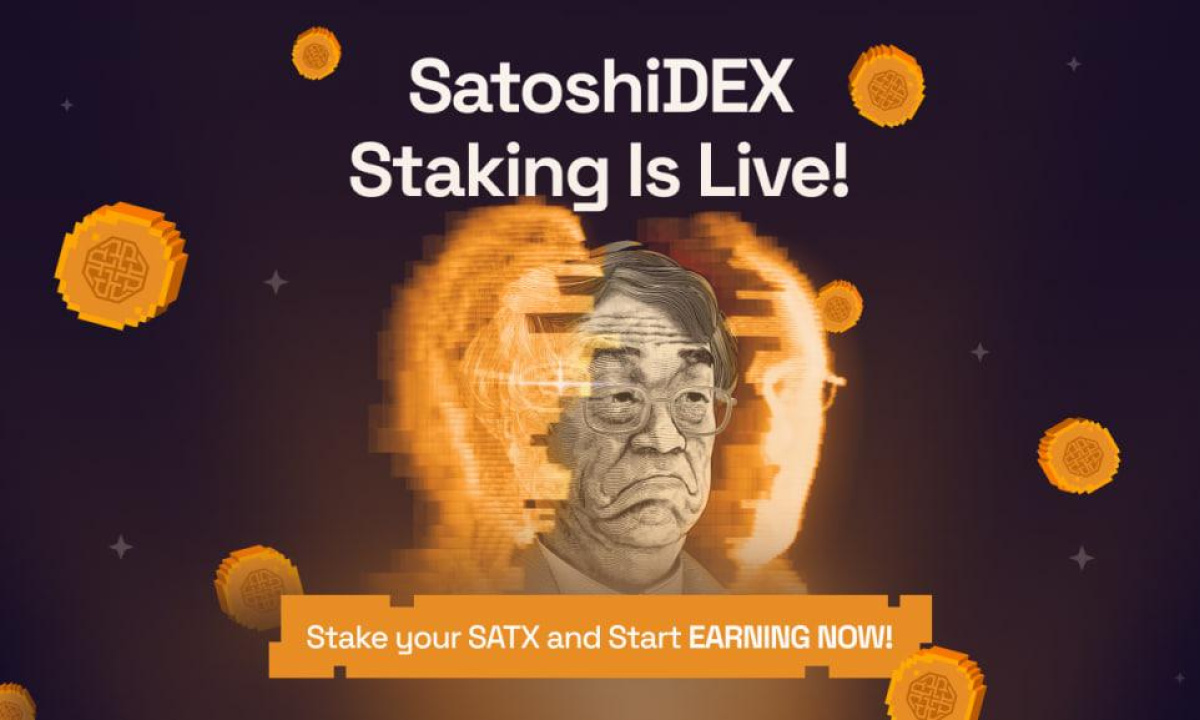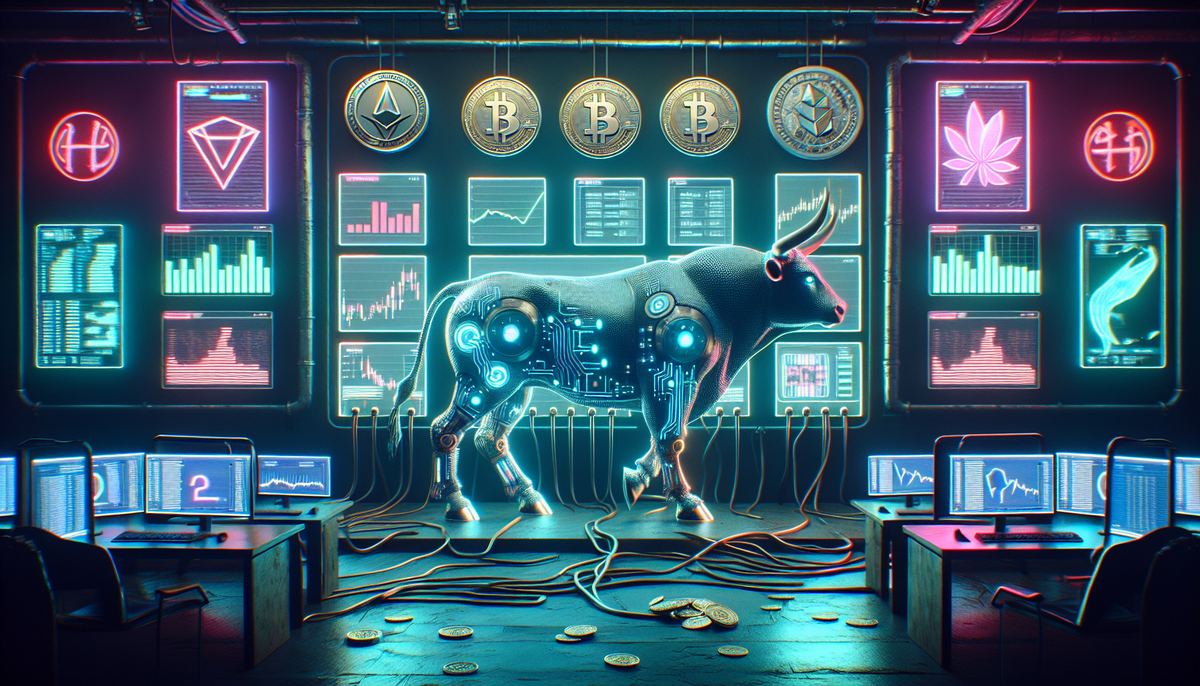Table of Contents
Blockchain-powered content ecosystem and DApp platform TRON is set to revamp its node network by integrating the BitTorrent file system (BTFS) as the storage solution for blockchain data when running a TRON network node.
BitTorrent, the parent firm behind BTFS, believes that this update will radically improve the speed and efficiency of the TRON node network, helping to overcome some of the limitations of traditional file storage systems and make contributing to the health of the network more accessible.
What Is the BitTorrent File System?
BTFS is a well-tested distributed file storage system that uses the TRON network and BitTorrent protocol to overcome some of the most pressing limitations of centralized file storage solutions, including centralized trust; potential for censorship; high maintenance costs; and low fault tolerance.

TRON initially acquired BitTorrent back in 2018. (Image: BitTorrent)
To overcome these limitations, BTFS provides a content-addressable digital content storage mechanism that is used to store files in a decentralized, redundant manner. When applied to TRON, this allows the TRON blockchain to be stored and backed up by potentially thousands of contributors, reducing the storage burden on nodes, while dramatically improving the sync time for new nodes—reducing this from potentially days to just hours.
BitTorrent users will be incentivized to share their storage space to contribute to the BTFS, but TRON hasn't yet revealed how these users will be rewarded for this, or whether there will be any minimum performance requirements to earn rewards, such as minimum acceptable uptime or storage contributions.
TRON has already highlighted a number of potential use cases for the new technology. For one, node users will be able to recover their chain data up to the last snapshot that was captured by the BTFS. This ensures nodes always remain up-to-date and don't have to go through the process of syncing the entire blockchain again whenever there is an issue. Secondly, the update is expected to significantly improve syncing speed, since users can now sync from any snapshot to get back on track quicker than before.
TRON notes that although TRON will be the first blockchain to implement BTFS for node storage, other blockchains will be announced soon.
Recent Progress
This is the latest in a series of recent announcements from TRON. Last month, TRON began to make major strides in the decentralized finance (DeFi) space by forming a DeFi mining collaboration with Singapore-based cryptocurrency exchange Huobi. The new partnership allows Huobi Token ($HT) and HT/TRX liquidity providers to stake their tokens to mine $SUN—the token that is set to power TRON’s upcoming DeFi push.
$SUN 🌞will begin @HuobiGlobal $HT staking and LP liquidity mining on https://t.co/OE3UOazYBd after the review.
— Justin Sun🌞 (@justinsuntron) September 22, 2020
HT staking mining and HT/TRX LP mining will start on September 23th, 14:00 (HKT), with the mining duration being 15 days. https://t.co/1d2pm07FD9
Likewise, according to a recent Dapp Radar survey, TRON saw a dramatic uptick in activity between Q2 and Q3 2020, increasing by 265% during this time. It also generated an average of 8,000 wallets interacting with DeFi each day, largely catalyzed by the recent release of JustSwap, a decentralized exchange protocol built for TRC20 tokens. JustSwap is now one of the largest decentralized exchanges by trading volume and clocks in tens of millions of dollars in daily trade volume.
© 2020 CryptoDaily All Rights Reserved. This article is provided for informational purposes only. It is not offered or intended to be used as legal, tax, investment, financial, or other advice.
Investment Disclaimer








